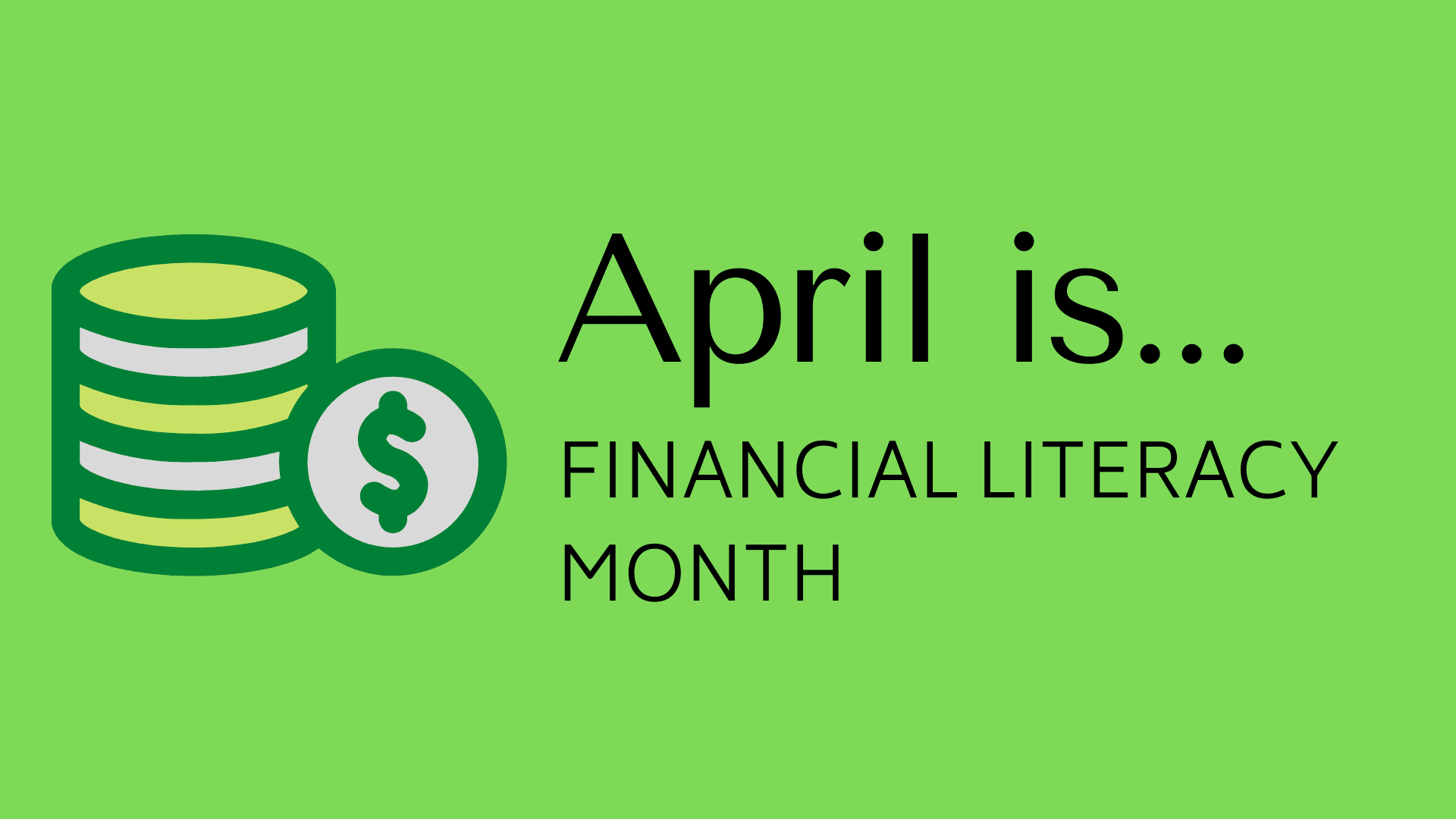
This April, NYSCADV recognizes Financial Literacy Month and the role that finances often play in domestic violence. Nearly all cases of domestic violence involve financial abuse. Abusers prevent access to money or other financial resources to maintain power and control over victims, often making it more difficult for a victim to leave an abusive relationship.
NYSCADV’s Economic Empowerment Project, funded by a grant from the Allstate Foundation, provides training and technical assistance to advocates on financial abuse and the economic empowerment of survivors. NYSCADV also provides sub-grants to three domestic violence organizations to support survivors of financial abuse through programming focused on financial literacy education, credit building, savings, budgeting, debt reduction and job readiness activities.
The National Network to End Domestic Violence (NNEDV), in partnership with the Allstate Foundation, developed the Moving Ahead Curriculum, a resource to equip survivors of domestic violence with tools to make financial decisions and work toward achieving long-term financial security.
In recognition of April as Financial Literacy Month, NYSCADV is pleased to host a Moving Ahead Curriculum virtual training series. Kim Pentico, Economic Justice Program Director at NNEDV, will be presenting the sessions.
Attendees participating in this series will:
Have an increased ability to apply trauma-informed, survivor-centered services to survivors of economic abuse;
Gain valuable tools necessary to assist survivors in financial safety planning and economic empowerment practices; and
Be introduced to the Moving Ahead curriculum and its modules.
All sessions will meet on Thursdays from 2:00-3:30 pm EST:
4/7: Module 1: Understanding economic abuse, safety planning, divorce, and child support
4/14: Module 2: Fundamentals of financial empowerment, budgeting and saving, banking options, assets, and liabilities
4/21: Module 3: Credit report, understanding credit score, how to improve credit, and bankruptcy
4/28: Modules 4 & 5: Financial paperwork, home mortgages, auto loans, long-term financial planning, financing options to continue education, investments, retirement, and medical, and life insurance


